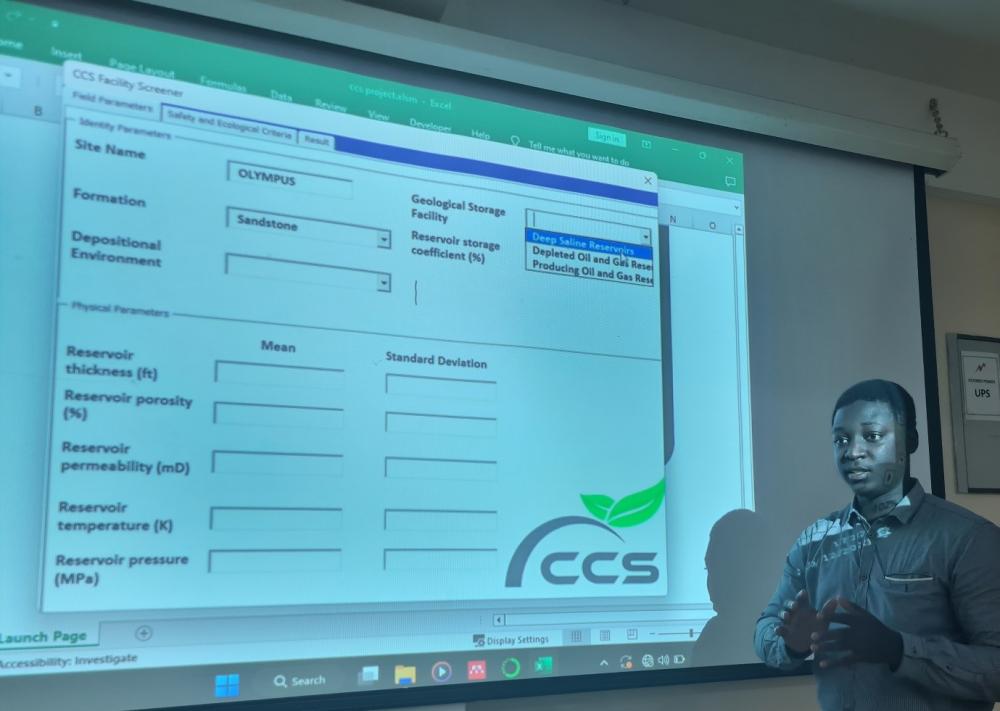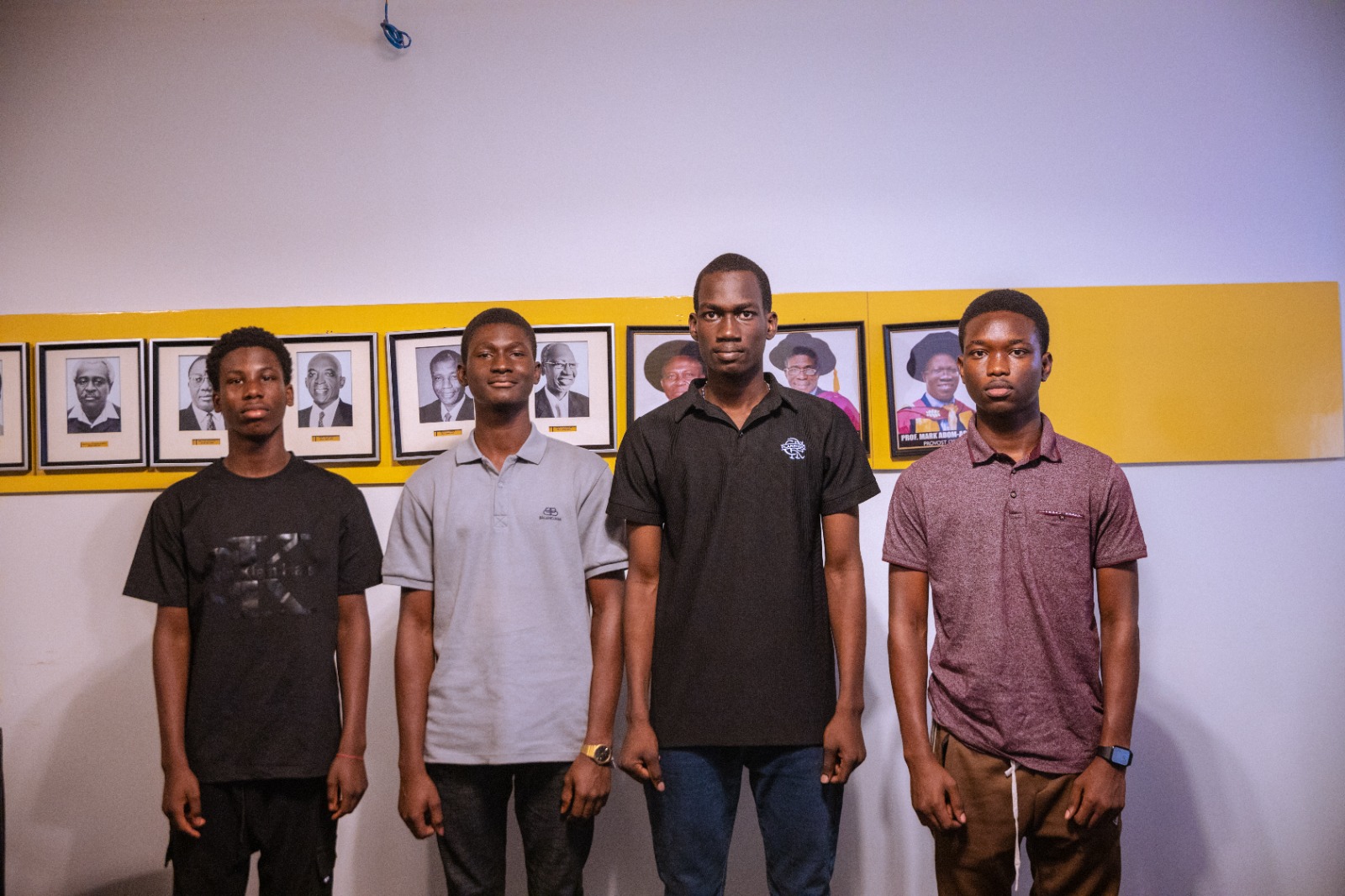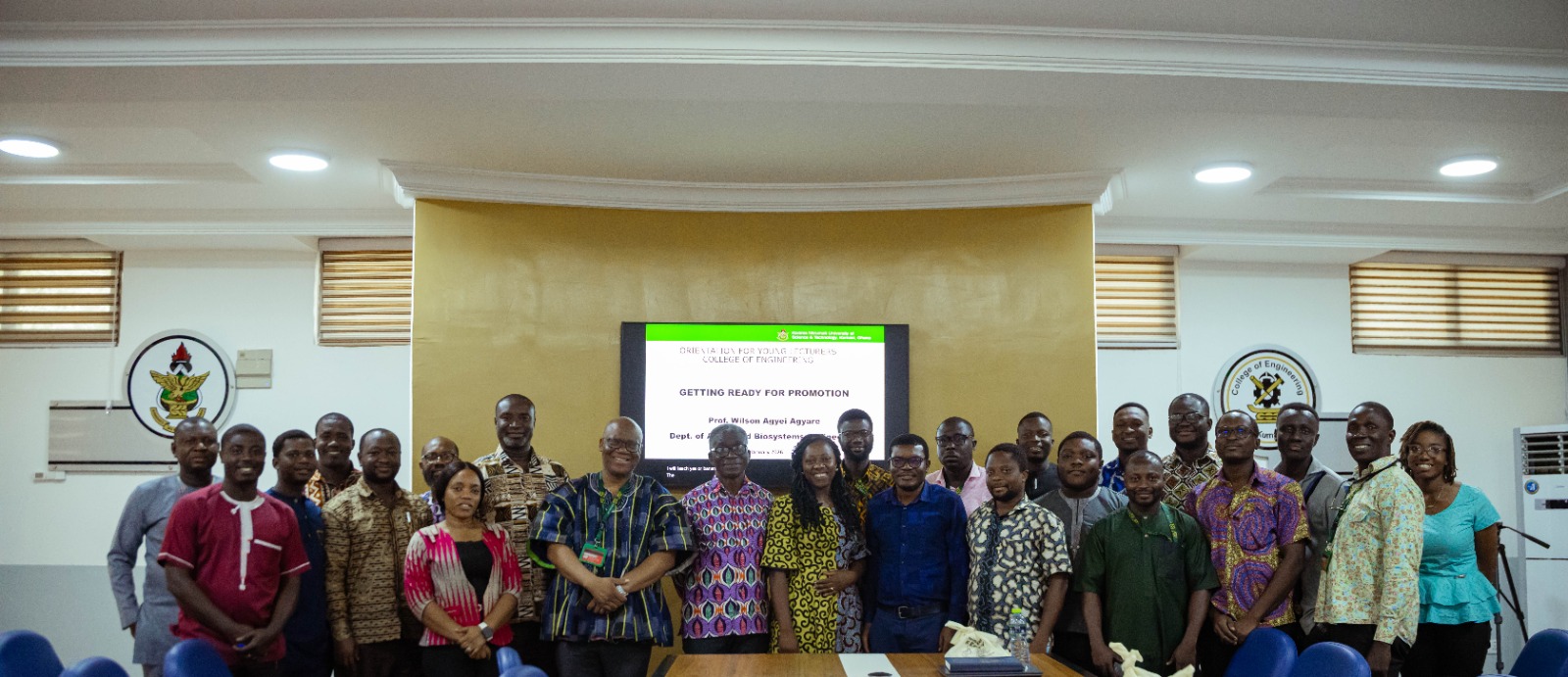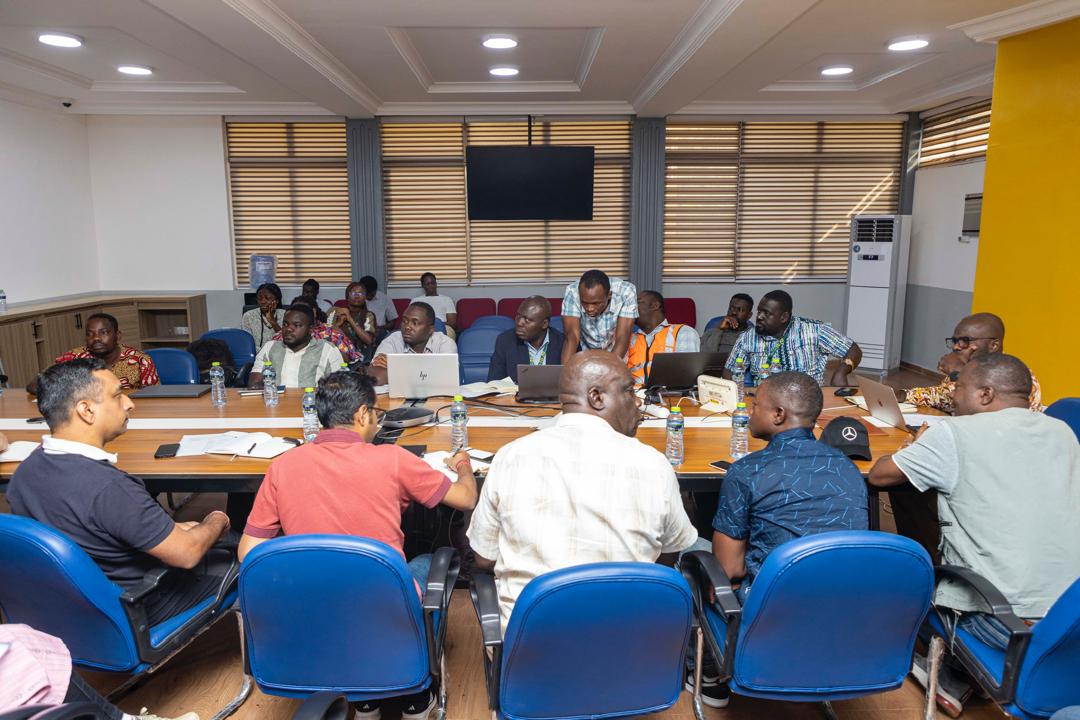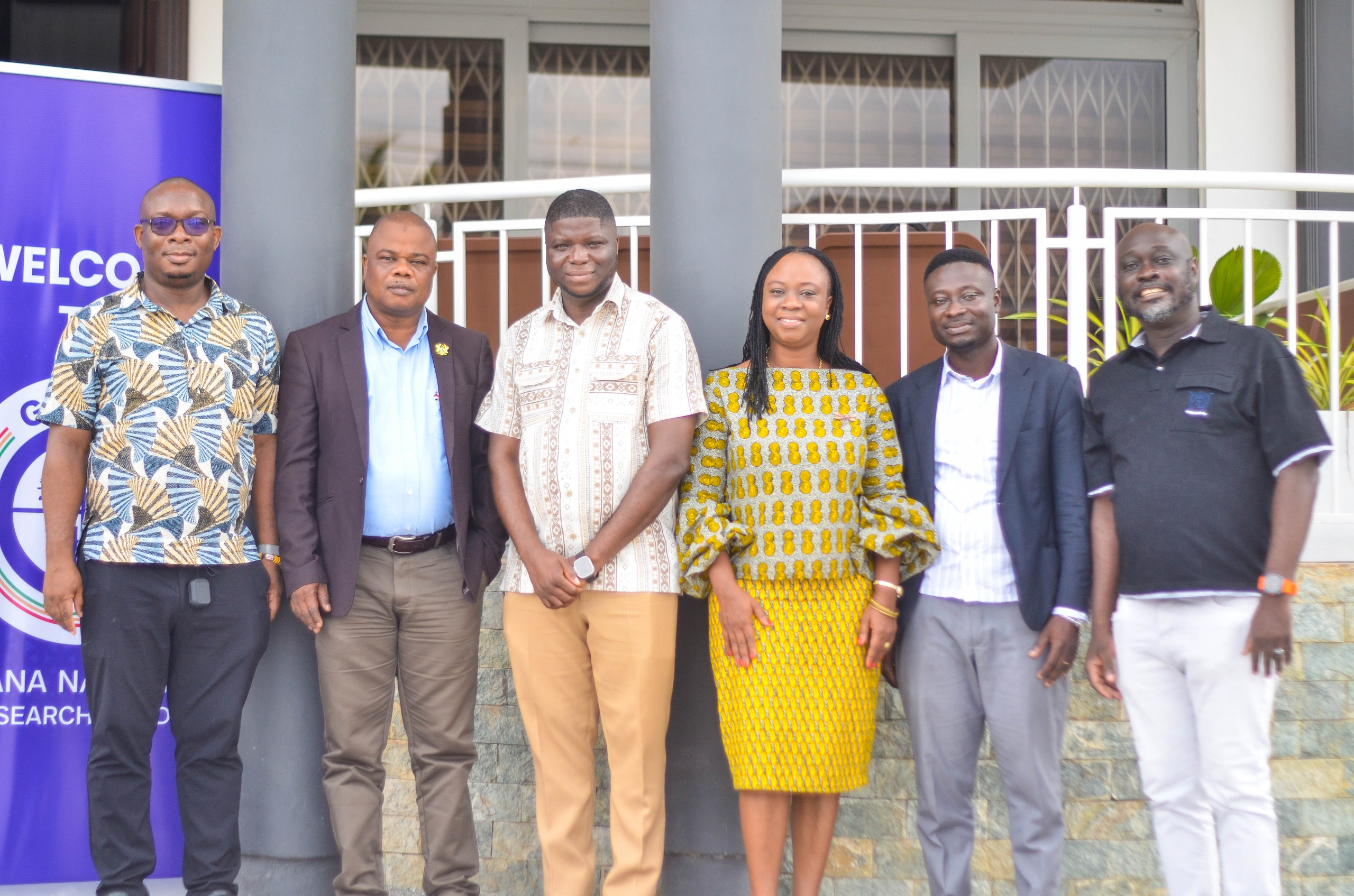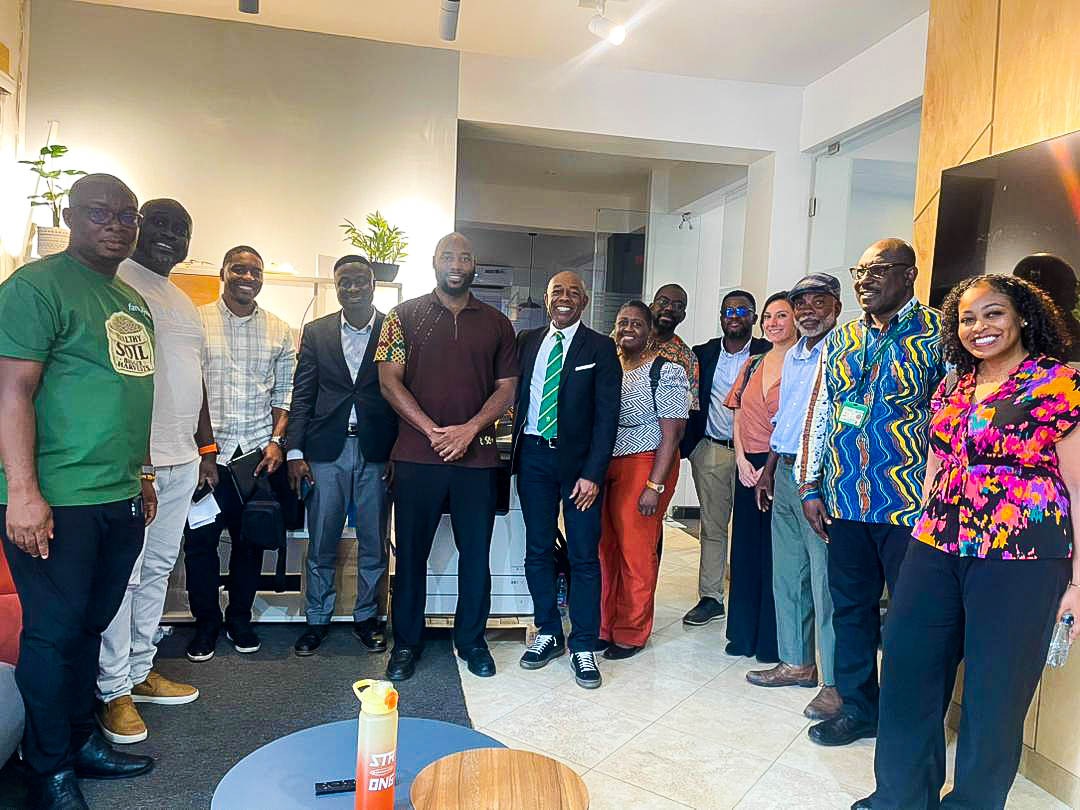To fight Climate Change, Ghana aims to dispose large quantities of CO2 through Carbon Capture Utilization and Storage (CCUS) by 2040. CCUS, which is now considered as the most viable carbon removal technology, involves the capture of CO2, especially from point sources, such as power generation or other heavy-duty industries that use either fossil fuels or biomass as fuel. The captured gas is then compressed and transported by pipeline, ship, rail, or truck for utilization in a range of applications such as gas conversion processes or injected into deep geological formations which can trap and permanently isolate CO2 from the atmosphere.
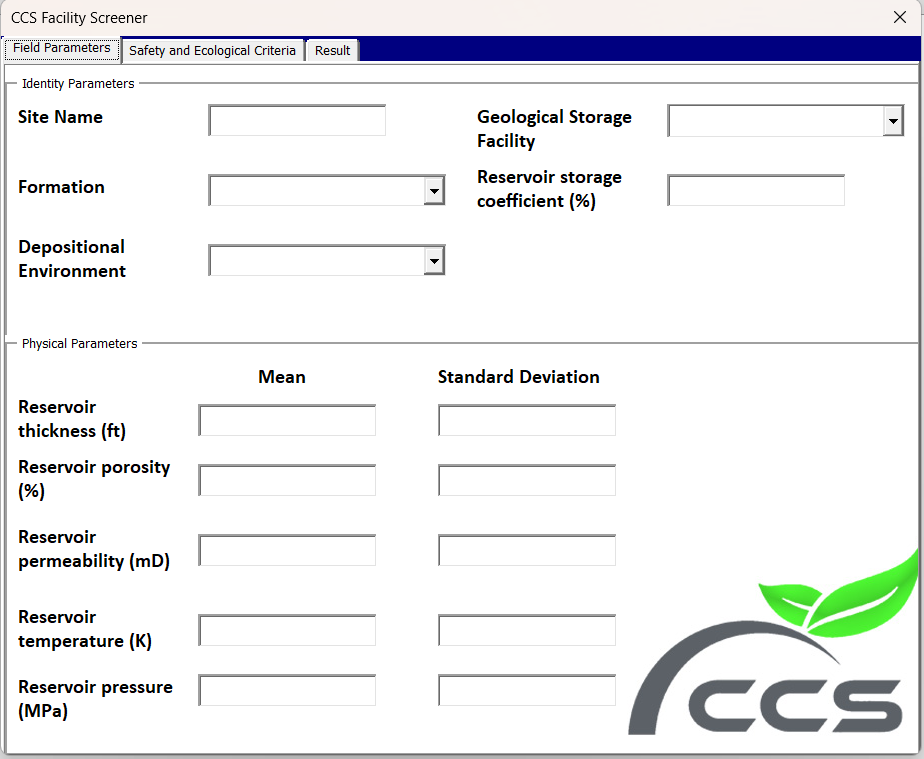
Mr. Kyeremanteng Kwaku Duah, a 2023 graduate of the Department of Petroleum Engineering has developed a smart screening tool for performing qualitative and quantitative assessment of the CO2 storage potential of geological storage facilities in Ghana. This application, when given the right input data, provides a quick assessment of the suitability of the formation as a CCUS candidate and also provides an estimate of the available storage space. This information is crucial for making informed decisions and developing sustainable strategies for managing large scale CO2 emissions. The application works for saline formations and depleted oil and gas reservoirs. One of the key advantages of the application is its ability to determine the suitability of a reservoir for CO2 storage based solely on geological data, which is particularly important, given the vast geological storage resources available in the country.
This new application for geological CO2 storage assessment will be pivotal in the fight against climate change and implementing CCUS in Ghana. Supervised by Dr. Yen Adams Sokama-Neuyam, the Head of Petroleum Engineering Department, this application also has the ability to simulate the amount of CO2 that a geological storage facility can hold by leveraging the computing power of Microsoft excel, making it a simple but powerful tool which is readily available. In the near future, as Mr. Duah continues to improve the application, he is committed to incorporating additional features that will further enhance its accuracy and usability. He also aims to expand its compatibility with different geological data sources, ensuring that it remains a valuable tool for users across various regions and geological conditions.


